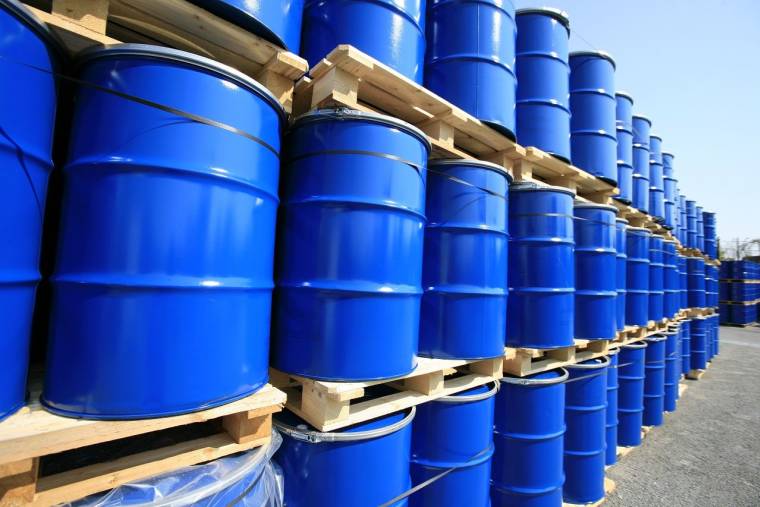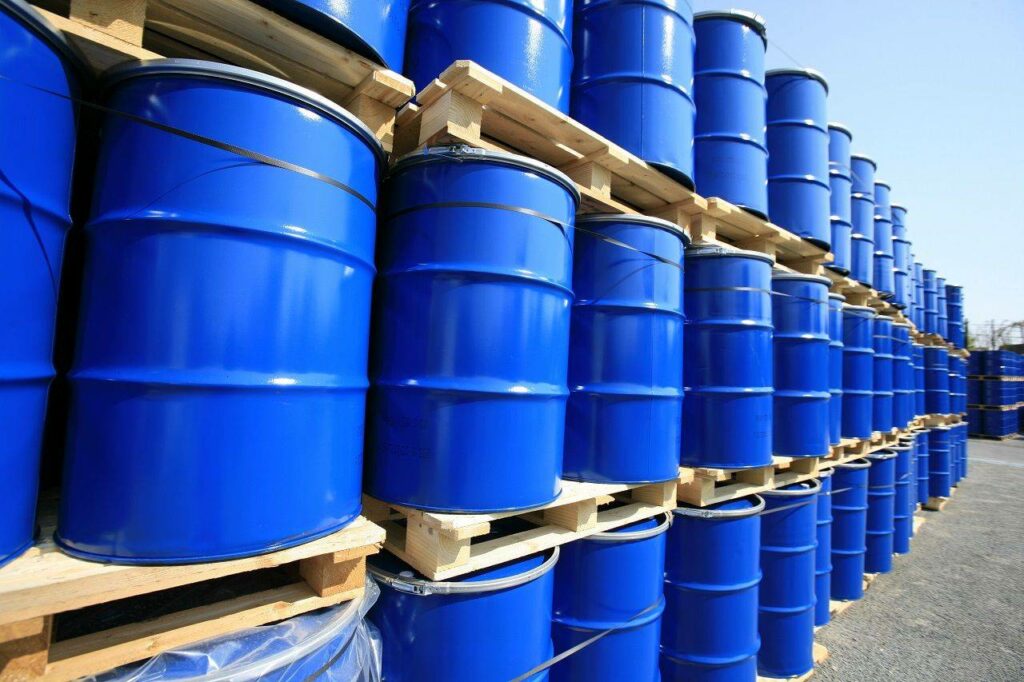
In the short term, the impact on Europeans will depend on the ability to find suitable substitutes in volume and quality (via Indian refineries, for example), the level of world prices which is partly at stake on the health front (in depending on the effects of the Covid on Chinese demand and elsewhere in Asia), but also in the possible return to the scene of producing countries under sanction (Venezuela and Iran). (Photo credits: Adobe Stock – )
After coal, an embargo on Russian oil imports is under discussion, as part of the EU’s 6th « package » of sanctions, with the prospect of ending the import of crude oil, then refined products, by the end of 2022. According to Patrice Geoffron, between coal and oil, the issues are not of the same order.
In 2021, the value of imports of petroleum products was fifteen times greater than that of coal (according to Eurostat). And, since oil is more complicated to transport than coal, each new embargo project is anchored in specific industrial and historical realities.
Russian oil is, in part, transported by pipelines whose route dates back to Soviet times, a network which maintains in extreme dependence certain « ex-satellites » of Moscow (Czechia, Slovakia and Hungary) very landlocked and fed with rather cheap Russian oil. This is leading these countries to demand additional time for implementation and, in particular, Hungary to request significant funding in compensation (around 15 billion euros) in order to adapt its import and refining infrastructure. Obviously, it is difficult to rule out any ulterior motive linked to the proximity of Viktor Orban and Vladimir Putin, the former having announced from the start of the conflict that embargoes on hydrocarbons would constitute a “red line”.
“Critical” dependence is not limited to these three Member States. Also a remnant of the Eastern bloc, the German refinery at Schwedt (near the Polish border) determines the supply of fuels to Berlin and Brandenburg, and is under the capital control of the Russian group Rosneft, which supplies it. France, although remote in the most western part of Europe, does not completely escape this dependence, in particular via imports of diesel from Russian refineries.
The imperative nature of the European Green Deal
Despite these constraints, the import flows of Russian crude oil and petroleum products have started to decrease, regardless of the implementation of an embargo, due to perceived legal risks and the commitment of European majors to reduce their activities. with Russia. Admittedly, some of these flows find takers elsewhere, as is currently not the case in India, but in return for a high discount (about 1/3 compared to world prices).
So, as agreed by Vagit Alekperov (forced to resign as CEO of Lukoil, Russia’s leading oil company), a ban on oil imports would force Russia to freeze production from some of its wells, for lack of to be able to redirect all the volumes destined for Europe to other markets in the short term. And, beyond that, the oligarch underlines the difficulties in financing the billions of investments required to redirect the flow of Russian oil to other markets, the years necessary for this, announcing a lasting damage for the Russian economy.
In the short term, the impact on Europeans will depend on the ability to find suitable substitutes in volume and quality (via Indian refineries, for example), the level of world prices which is partly at stake on the health front (in depending on the effects of the Covid on Chinese demand and elsewhere in Asia), but also in the possible return to the scene of producing countries under sanction (Venezuela and Iran). So many uncertainties that will reinforce the imperative nature of the European Green Deal, and the need for planning transition efforts in France.
This bearing in mind that the volume of Russian oil and gas that will continue to enter the EU depends as much on the determination of Europeans to implement embargoes as on the will of Russia to maintain its exports. Risk of rupture which Poland, Bulgaria and Finland have already experienced.
.

